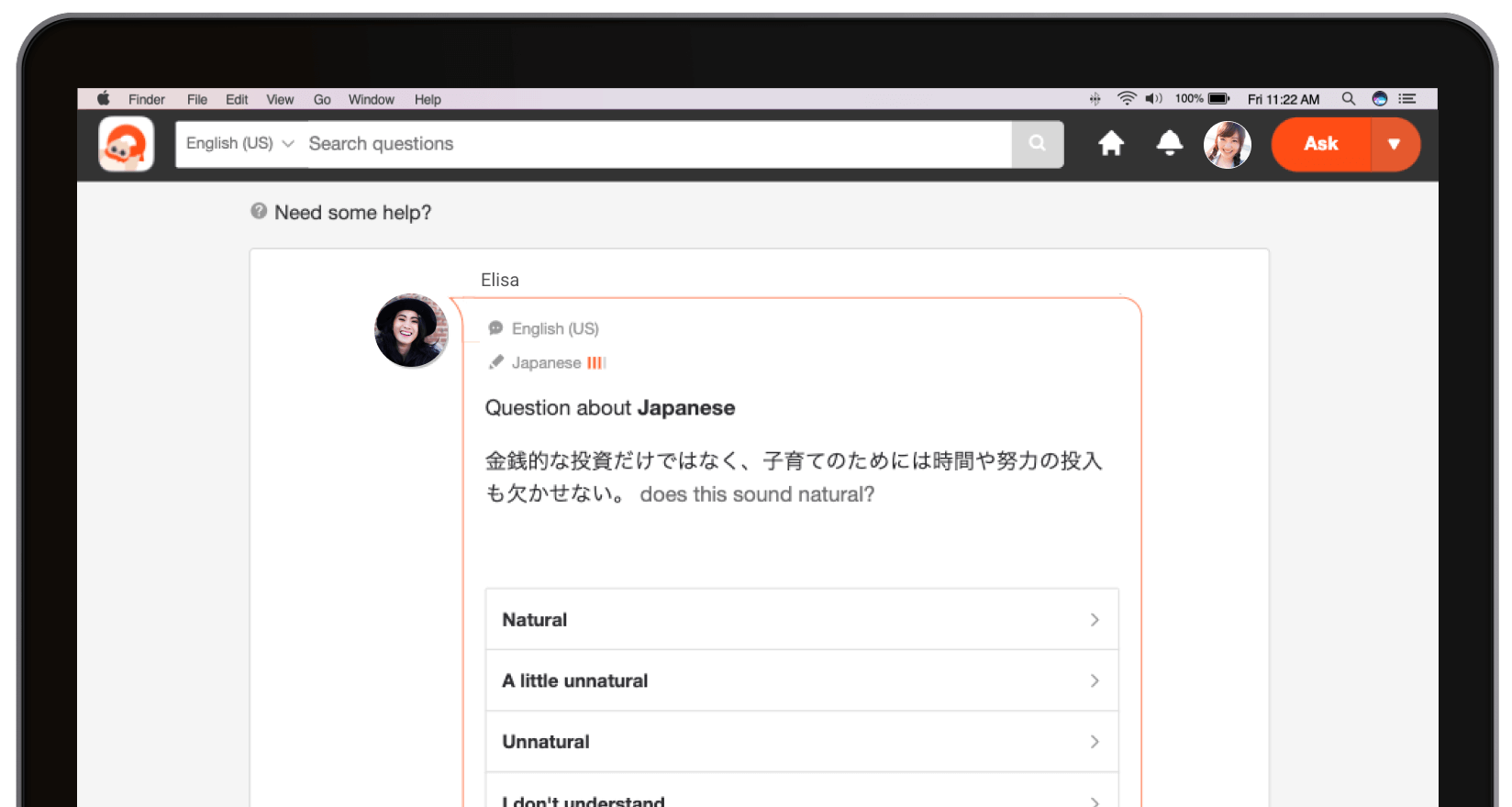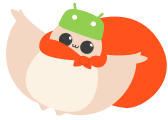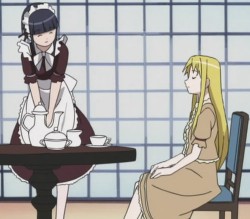ojou chan что значит
Ojou chan что значит
Isn’t it used in the form of ojou-san, ojou-sama, or ojou-chan?
Jou (嬢) is kind of an honorific word for young lady or girl. O- is an honorific prefix. This is usually used in the form of ojousan or ojousama. Ojou-chan is rarely used to address a little girl with honorific manner.
If it is used in the form of ojou, it could indicate belonging to a crime syndicate (yakuza). I just know this usage in fiction stories;)
Tipicamente usata in anime quando si riferisce a personaggi ricchi e di classe femminile.
Isn’t it used in the form of ojou-san, ojou-sama, or ojou-chan?
Jou (嬢) is kind of an honorific word for young lady or girl. O- is an honorific prefix. This is usually used in the form of ojousan or ojousama. Ojou-chan is rarely used to address a little girl with honorific manner.
If it is used in the form of ojou, it could indicate belonging to a crime syndicate (yakuza). I just know this usage in fiction stories;)
Ojou- san means a young lady or / and someone’s daughter.
Kare no ojou-san.
(His daughter)
Anata no ojou-san
(your daughter)
Символ показывает уровень знания интересующего вас языка и вашу подготовку. Выбирая ваш уровень знания языка, вы говорите пользователям как им нужно писать, чтобы вы могли их понять.
Мне трудно понимать даже короткие ответы на данном языке.
Могу задавать простые вопросы и понимаю простые ответы.
Могу формулировать все виды общих вопросов. Понимаю ответы средней длины и сложности.
Понимаю ответы любой длины и сложности.


Решайте свои проблемы проще в приложении!

Tropedia
(Sounds like «o-Joe». Or Eau-djeau if you speak French.)
Literally, a formal Japanese word for «young lady», the term Ojou (often Ojou-san or Ojou-sama, as they are the more formal honorifics) is typically used in anime when referring to wealthy, high-class female characters.
This means that while she is often rich, and occasionally even an actual Blue Blood, the key point is that other people treat her like royalty, whether or not she actually is. Sometimes an Ojou can actually attain her status simply by personality alone (often in high school settings where she is probably a School Idol), by being so heavily idolized that a fanclub springs around her, elevating her to a status far above that of those around her, while leveling violent reprisals against any who would treat her as a commoner. Oftentimes, a wealthy Ojou is found in a leading role in the Absurdly Powerful Student Council. In fact, her wealth is often the Hand Wave explanation for the absurd power: they make the rules because they have money.
Most Ojou characters can be boiled down to three main types, A Yamato Nadeshiko / Proper Lady variety, an Ice Queen Variety and a Royal Brat variety. See the Analysis For This Page to see how those three types tend to play out.
Though together for the purposes of this entry, the ojou, or daughter of a high-society family, is written with distinctly different kanji than the oujo, or princess (literally «lord’s daughter»). In Japanese, expect all types of ojou to use the more formal first-person pronoun «watakushi» rather than the more casual (and feminine-only) «atashi,» and to make heavy use of the «wa» feminine emphasis particle at the end of their sentences.
A staple feature of these characters are to have Princess Curls or a Hime Cut for a hair cut and for the Royal Brat type a Noblewoman’s Laugh.
A character saying «oujo-sama to oyobi» (Lit. «Call me queen») implies something else entirely.
See also Princely Young Man for the Spear Counterpart of this trope. Boys Love works occasionally features a male version of the Ojou.
Contents
Anime & Manga
Как можно смотреть аниме в озвучке?
10 Oct 2020 в 00:51
10 Oct 2020 в 04:35 #76
Спикер сгорела с того, что ее назвали милой взрослой
Тебе сральное ведро принести?
А может с того что её грубо говоря назвали тупой? не?
Посмотрел даже сцену. Неужели ты в своей голове так все пытаешься сложить что бы выиграть в споре, подменяя понятия, игнорируя другие слова в сцене.
10 Oct 2020 в 04:35 #77
На, обтекай
В этой статье подтверждение моих слов, почему я должен обтекать?
Одзёчан お 嬢 ち ゃ ん
10 Oct 2020 в 04:38 #78
Прям с того сайта цитата
Какой же ты глупый, даешь ссылки которые подтверждают мои слова, и подаешь их с таким видом. ЖЕтсь)
10 Oct 2020 в 04:38 #79
В этой статье подтверждение моих слов, почему я должен обтекать?
А теперь смотрим, что у нас там про Ojou-chan «This means that normally it’s used toward young children, a cute way of saying.»
10 Oct 2020 в 04:40 #80
А теперь смотрим, что у нас там про Ojou-chan «This means that normally it’s used toward young children, a cute way of saying.»
Понимаешь в японском есть вот эти твои чан,сама и т.д, а в русском нету такого, да.
Поэтому и проходится как-то изворачиваться и это называется «адаптация». Юная леди вполне подходит т.к рори выглядит как 15ти летняя девка, а обращается она к 30ти летней.






